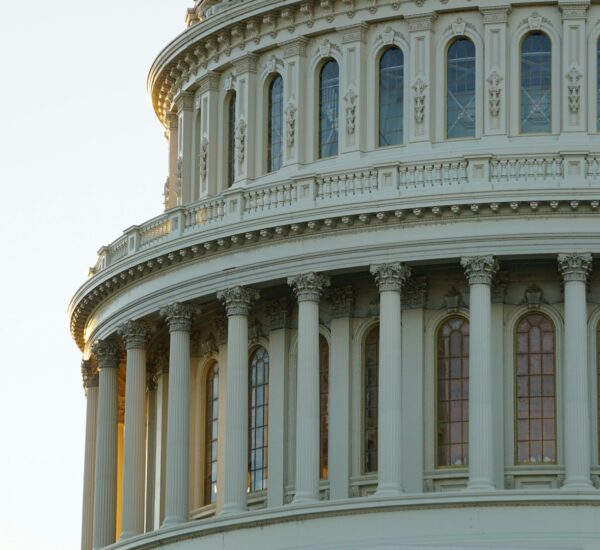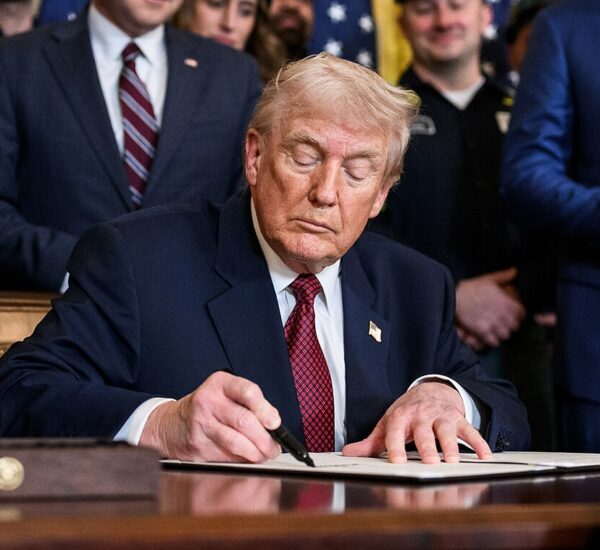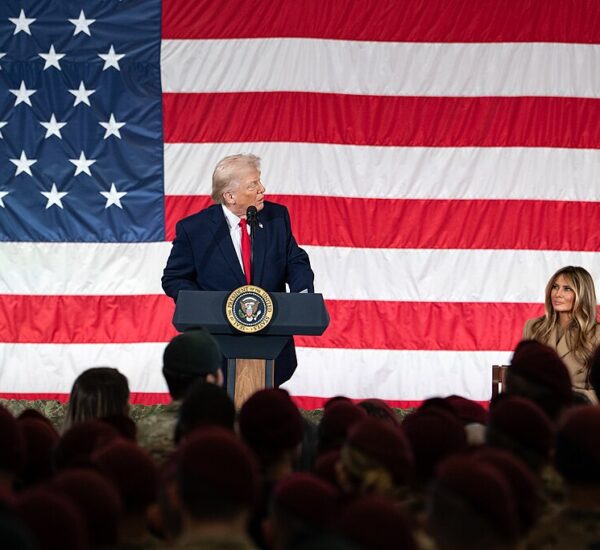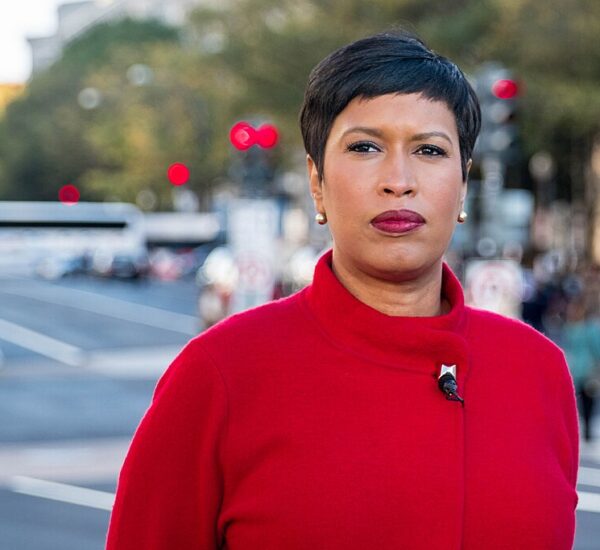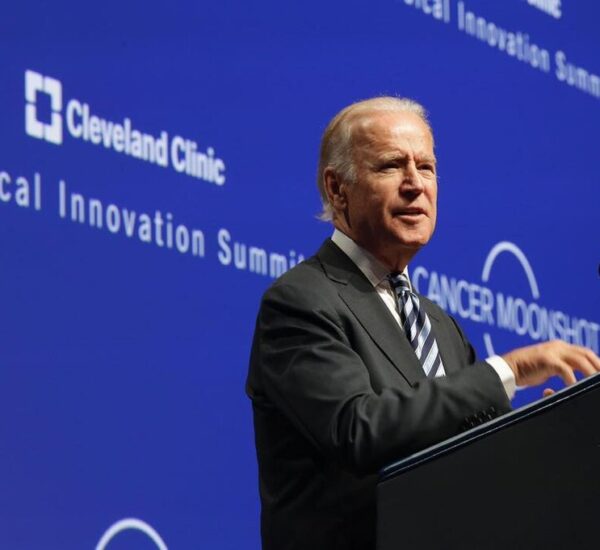Here’s what happened.
Major U.S. companies are warning of serious trouble ahead as global backlash against President Donald Trump’s sweeping tariff policies continues to grow.
Some of the world’s most recognizable American brands — including McDonald’s, Levi’s, and Jack Daniels — say they are already seeing sharp declines in international sales, sparking fears that anti-American sentiment could cause long-term damage to the U.S. economy.
Global Boycotts Surge After Trump Tariffs
According to Newsweek, boycotts of American products began earlier this year after Trump announced historic tariffs aimed at bringing back U.S. manufacturing jobs and protecting American workers.
While millions of Americans support Trump’s “America First” economic agenda, foreign markets are fighting back — with some overseas consumers openly rejecting U.S. brands.
A Morning Consult report revealed that every time new tariffs were announced, consumer interest in U.S. products overseas dropped sharply. This decline is already hitting the bottom line for several iconic companies.
McDonald’s CEO Issues Rare Warning
McDonald’s CEO Chris Kempczinski recently confirmed that the fast-food giant is seeing worrisome global trends.
“We’ve seen an increase in people across various markets saying they plan to cut back on purchases of American brands,” Kempczinski told CNBC.
“The aura around America has dimmed a bit.”
To protect sales, McDonald’s plans to market itself locally instead of relying on its reputation as a distinctly “American” company.
Iconic Brands Suffering Major Losses
Other legendary American companies are feeling the sting of anti-U.S. sentiment:
- Jack Daniels’ parent company, Brown-Forman, reported a 62% plunge in Canadian sales during the first quarter, citing trade tensions as the main culprit.
- Levi’s, the iconic jeans manufacturer, blamed “rising anti-Americanism” tied directly to Trump’s tariffs in its most recent regulatory filing.
Industry experts warn that brands most associated with American culture, such as jeans, whiskey, fast food, and tech, are most vulnerable when international consumers turn to European or local alternatives.
Experts Warn of Long-Term Consequences
A marketing professor at Melbourne Business School told Newsweek that her research shows global animosity toward America is likely to have a lasting impact on U.S. businesses.
“When anti-American sentiment spikes, consumers are quick to substitute local or European products,” she explained.
“This trend could have a substantial long-term impact on American companies.”
Trump Fires Back at Critics
President Trump strongly defended his policies this week, doubling down on his belief that tariffs are necessary to protect American workers.
On Tuesday, Trump warned of “serious economic consequences” if the U.S. Supreme Court fails to review a recent federal appeals court ruling that labeled several of his tariffs illegal.
Trump maintains that short-term economic pain is a price worth paying to restore U.S. manufacturing dominance and secure fair trade deals for future generations.
The Bottom Line
President Trump’s tariff strategy is reshaping the global economy, forcing American companies to adapt or risk decline.
Supporters say Trump’s tough stance will make America stronger in the long run, while critics fear that boycotts and declining sales abroad could weaken some of the nation’s most iconic brands.
As this battle unfolds, the stakes couldn’t be higher — for American businesses, workers, and consumers alike.

